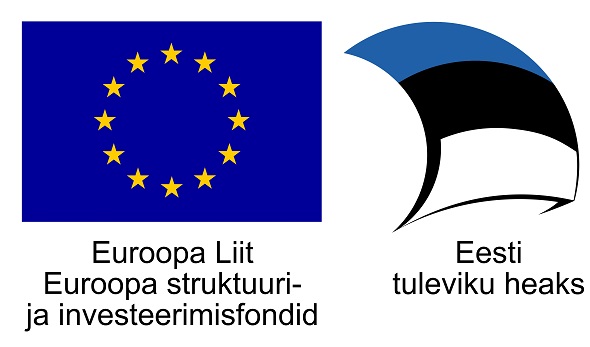Design as a driver of European growth: the Design Leadership Board’s 21 recommendations to the European Commission
 The role of European design should be enhanced on the global stage, and top expertise in design should be supported. Cooperation between strong design competencies, companies and the public sector should be developed to produce better services. Design should be embedded in innovation programmes and business incubators across Europe. Harnessing design as a tool for innovation processes will boost prosperity and wellbeing across the continent.
The role of European design should be enhanced on the global stage, and top expertise in design should be supported. Cooperation between strong design competencies, companies and the public sector should be developed to produce better services. Design should be embedded in innovation programmes and business incubators across Europe. Harnessing design as a tool for innovation processes will boost prosperity and wellbeing across the continent.
These views were included in the Design for Growth and Prosperity report by the European Design Leadership Board. The report contains 21 concrete policy recommendations to the European Commission on how we could make better use of design as a driver of growth and a tool for competitiveness. The European Design Leadership Board was tasked to consider how links between design, innovation and competitiveness could be strengthened. As the European economy continues to face challenges, the report opens up new visions of growth.
– We need to establish a permanent dialogue on design with the European Commission. An organisation like BEDA is a key partner for the Commission providing Europe-wide coverage and a European-level focus to all matters relating to the development and growth of design in Europe’s innovation policy, says Deborah Dawton, president of Bureau of European Design Associations BEDA.
The Board is today submitting its report to Commission Vice President Antonio Tajani at the European Design Innovation Summit in Helsinki. This summit is being organised by the European Commission and Aalto University, which is serving as the EDII Secretariat. Speakers at the summit include international top experts of design and business.
The report is the Board’s response to the challenge set by Vice President Tajani to enhance the role of design in innovation policy in Europe at the national, regional and local level. The European Design Innovation Initiative EDII, which is part of a larger European Innovation Union programme, was launched by Mr Tajani in early 2011.
The report states that methods for measuring the impact of investment in design on national economies and companies’ business activities should be developed urgently. One concrete recommendation advocates creating a Designed in the European Unionlabel, which would be similar to the European ECOLABEL, to stimulate the export of European design services. The Board feels that the design competencies of future directors and entrepreneurs should also be improved, and design research and its methods should be more fully embedded into the EU Research Programmes.
The report stresses that developing more innovative public procurements is a precondition for achieving better wellbeing services. It has been shown that design and consideration of end user needs will save costs and improve services in the public sector. The European Design Leadership Board thus recommends a wider utilisation of design and its methods in the innovation systems and processes of businesses and the public sector.
Design for Growth and Prosperity (download pdf)





